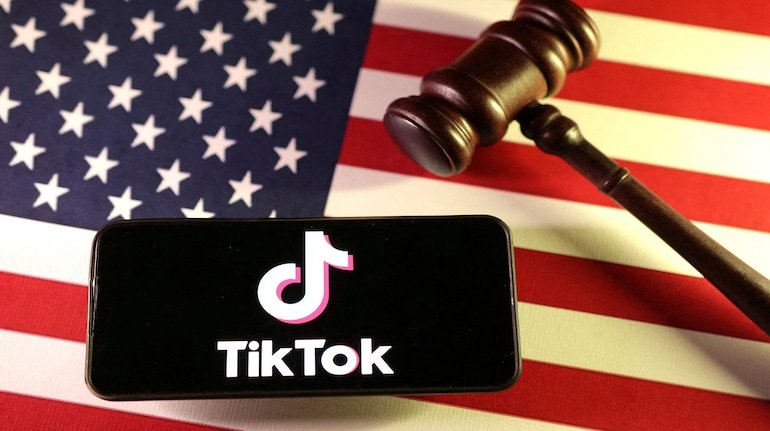TikTok Ban Delays Spark National Security Concerns Amid Political Maneuvering
The ongoing debate over TikTok’s presence in the United States has taken a new turn as recent delays in enforcing a ban on the app have raised questions about national security and political priorities. Despite bipartisan concerns and legal mandates, the Trump administration’s postponements have led to increased scrutiny and criticism from various stakeholders.Axios
Background: Legislative and Judicial Actions
In April 2024, the Protecting Americans from Foreign Adversary Controlled Applications Act (PAFACA) was enacted, aiming to prohibit applications deemed to be under the control of foreign adversaries, with TikTok being a primary target. The legislation mandated a divestiture of TikTok’s U.S. operations by January 19, 2025, to mitigate potential national security risks associated with data access and influence operations by the Chinese government. Wikipedia
TikTok and its parent company, ByteDance, challenged the law, but the Supreme Court upheld its constitutionality in January 2025, reinforcing the government’s authority to enforce the ban. Axios
Executive Delays and Political Implications
Despite the clear legal framework, President Trump issued executive orders in January and April 2025, granting successive 75-day extensions for TikTok to continue operations without divestiture. These actions have effectively delayed the enforcement of PAFACA by 150 days. Axios
Critics argue that these delays undermine the urgency of the national security concerns that initially prompted the legislation. Ed Whelan, a senior fellow at the Ethics and Public Policy Center, emphasized that the law permits only a single 90-day extension under specific conditions, suggesting that the President’s actions exceed his authority. Axios
Congressional Response and Ongoing Debates
Members of Congress have expressed their commitment to enforcing the law and addressing the potential risks posed by TikTok. Leaders of the Energy and Commerce Committee stated that any resolution must eliminate China’s capacity to surveil and potentially manipulate American users through the app. They pledged to remain vigilant in protecting national security and American interests. Axios
However, legislative efforts to extend the divestiture deadline by an additional 270 days, introduced by Senators Ed Markey, Ron Wyden, Cory Booker, and Representative Ro Khanna, indicate a recognition of the complexities involved in enforcing the ban and the potential impact on millions of American users. Wikipedia
National Security Versus Political Considerations
The delays have sparked a broader debate about the balance between national security imperatives and political considerations. While the administration cites ongoing negotiations and the potential for a favorable deal as reasons for the extensions, skeptics question whether political motivations, including TikTok’s influence on the electorate, are influencing the decision-making process.
Adam Kovacevich, CEO of Chamber of Progress, highlighted the challenge of expecting the Chinese Communist Party to relinquish control over TikTok’s algorithm, which is central to concerns about content influence and data security.
The postponement of TikTok’s ban enforcement underscores the intricate interplay between technology, national security, and politics. As the situation evolves, it remains to be seen how the U.S. government will reconcile the need to protect its citizens’ data and security with the realities of international relations and domestic political dynamics.

